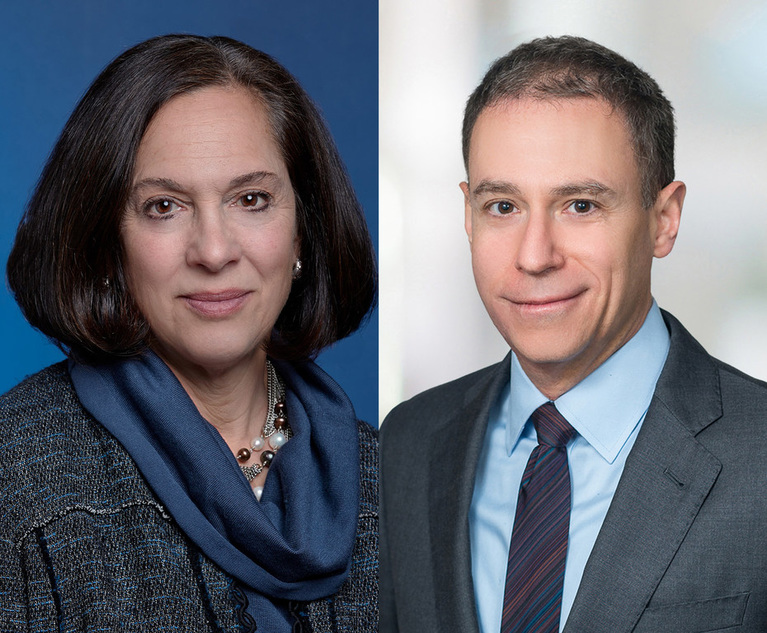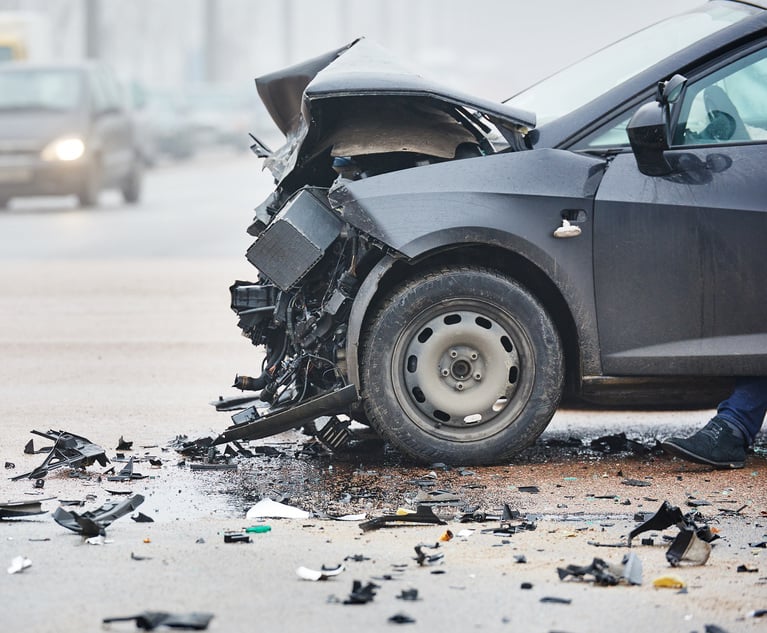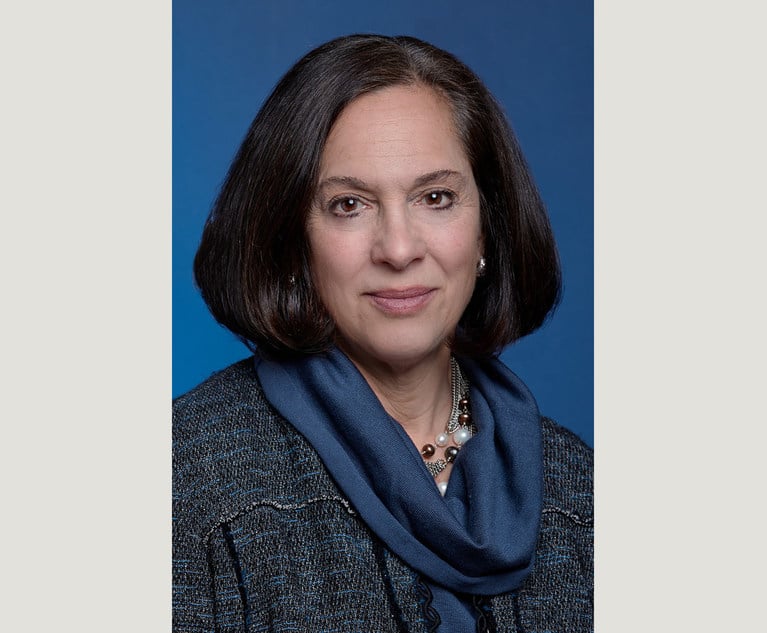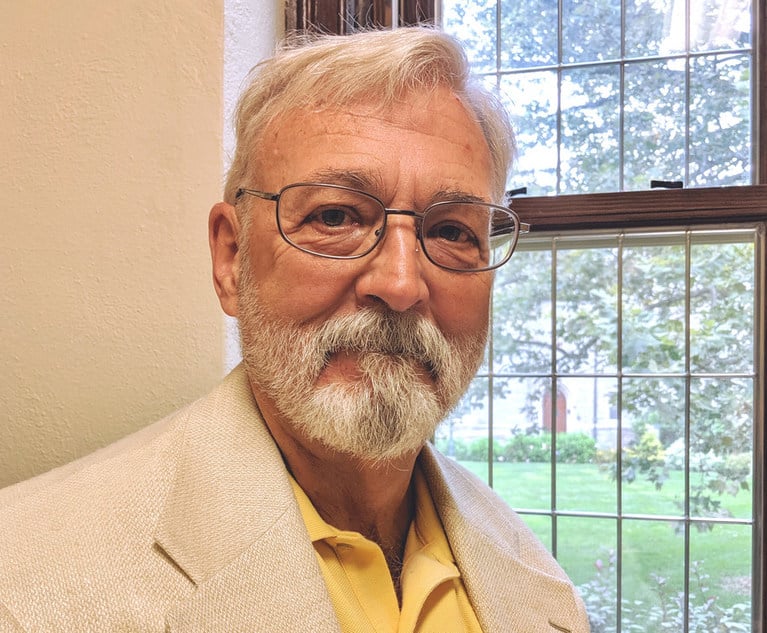Like most other jurisdictions, Connecticut has long immunized from defamation liability statements made in, and germane to, court proceedings. Among the underlying rationales are that these allegations are subject to adversarial testing before a neutral presider and that various legal and ethical constraints deter frivolous factual assertions in court. As Connecticut’s Supreme Court has routinely observed, the judicial process is of such fundamental importance to society as to demand an open channel of communication between the participants and the forum, untrammeled by fears of a defamation lawsuit.
Thus, it was significant this week when, in Khan v. Yale University, answering a set of certified questions from the Second Circuit, the Connecticut Supreme Court declined to extend absolute immunity from defamation liability to statements made during a university’s administrative process for reviewing sexual‑assault complaints. A line of decisions has extended this absolute immunity to “quasi‑judicial” contexts, typically involving governmental functions that resemble court proceedings to a sufficient degree to warrant the same protection. Khan considered what makes a proceeding “quasi‑judicial” in general and whether Yale’s proceeding shared those qualities.
This content has been archived. It is available through our partners, LexisNexis® and Bloomberg Law.
To view this content, please continue to their sites.
Not a Lexis Subscriber?
Subscribe Now
Not a Bloomberg Law Subscriber?
Subscribe Now
LexisNexis® and Bloomberg Law are third party online distributors of the broad collection of current and archived versions of ALM's legal news publications. LexisNexis® and Bloomberg Law customers are able to access and use ALM's content, including content from the National Law Journal, The American Lawyer, Legaltech News, The New York Law Journal, and Corporate Counsel, as well as other sources of legal information.
For questions call 1-877-256-2472 or contact us at [email protected]


 Joette Katz and Eric Del Pozo of Shipman & Goodwin. Courtesy photos
Joette Katz and Eric Del Pozo of Shipman & Goodwin. Courtesy photos




